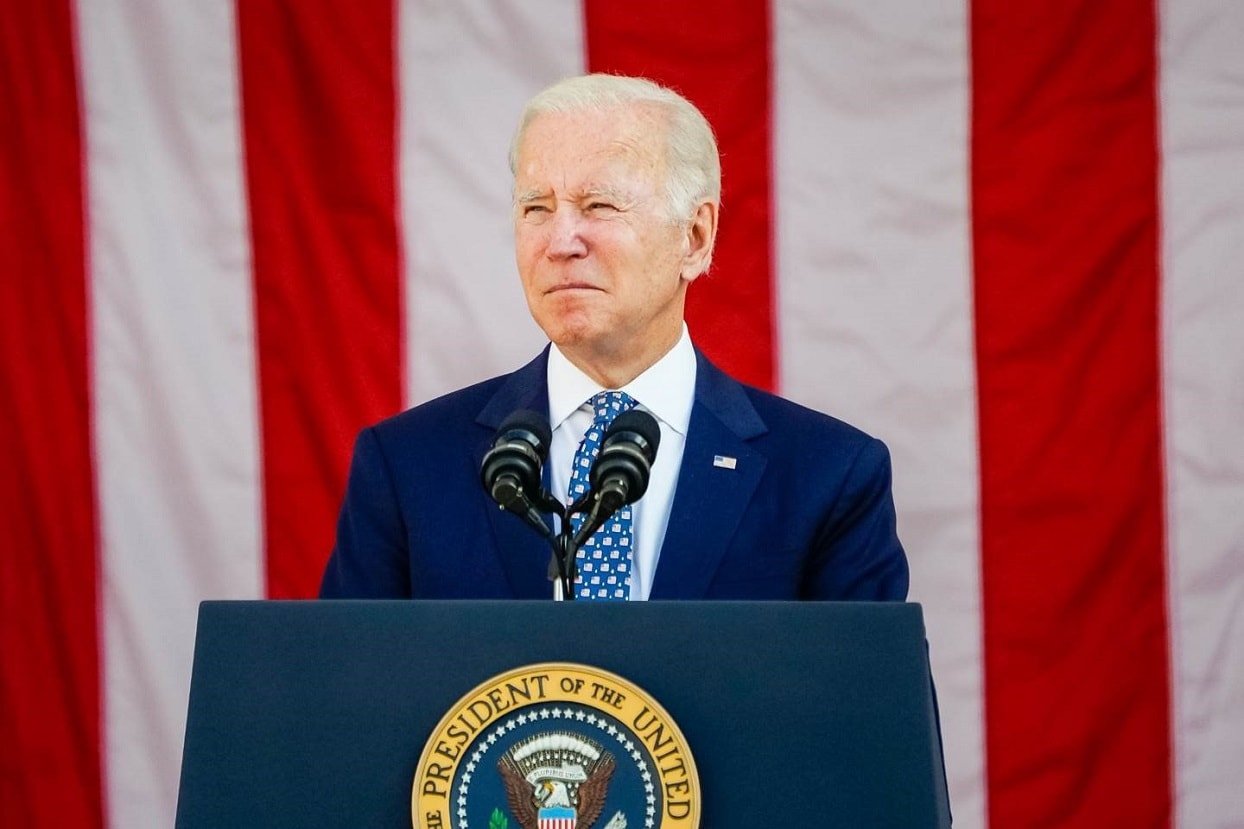A CIA drone strike reportedly killed Al Qaeda leader Ayman al-Zawahiri this past weekend in Kabul, Afghanistan. If true, President Joe Biden and the CIA deserve bipartisan praise and gratitude. Zawahiri, a former Egyptian dentist, succeeded Al Qaeda leader Usama Bin Laden and had significant blood on his hands. As vice president, Biden had opposed the much riskier Navy SEAL operation that took out Bin Laden, but he made the right call this time.
That the CIA tracked Zawahiri to Kabul may reassure some Biden critics who worried about the efficacy of his over-the-horizon counter-terror strategy. Here, however, some caution is necessary: The elimination of Zawahiri in Kabul does not affirm the utility of the over-the-horizon strategy if the CIA developed the intelligence leading to Zawahiri’s death outside of Afghanistan. If Zawahiri was not living in Afghanistan but merely visiting the Taliban, it raises intriguing questions about from where he traveled to Afghanistan: Pakistan or Iran? If the former, then it is crucial to designate Pakistan a state-sponsor of terrorism. That Pakistani authorities did not know about Bin Laden sheltering in their territory always beggared belief. To accept Pakistani excuses twice would be foolish.
That Zawahiri lived in Iran may be more likely. While superficially, pundits might argue that Shi’ite Iran would not tolerate Al Qaeda’s brand of militant Sunnism, history belies this. In the aftermath of the September 11, 2001 attacks, senior Al Qaeda officials, including Bin Laden’s spokesman and his sons, took shelter in Islamic Revolutionary Guard Corps safe houses in Iran. Bin Laden’s wife traveled to Iran for dental work. Al Qaeda planned attacks on Canada and Europe from Iranian soil. To give Iran a free pass on any relationship with Zawahiri would be negligent in the extreme.
Another issue that Biden’s team must confront immediately is the fiction upon which the ‘peace deal’ with the Taliban was predicated: that the Taliban would disassociate itself from Al Qaeda. Blaming Trump is not leadership, nor is Biden in a position to do so on this issue: Trump’s deal may have been bad, but Biden not only embraced it but also allowed its negotiator Zalmay Khalilzad to continue to serve as his envoy.
That the Taliban would divorce itself from Al Qaeda was always wishful thinking. It is one thing in theory to expect a political divorce; it is another in a society like Afghanistan’s to expect a brother to separate from his brother and cousin to turn his back on his cousin. Indeed, before the U.S. withdrawal, U.S. and Afghan Special Forces killed two leaders of Al Qaeda in the Indian Subcontinent who sheltered in Afghanistan under Taliban protection.
That the fiction of the Taliban as a counter-terrorism ally is now exposed as fantasy raises further questions about the Biden administration’s strategy to use the Taliban as an ally in the fight against Al Qaeda and the Islamic State-Khorasan Province. Perhaps the Taliban played good cop, bad cop with Biden administration officials. Perhaps some in the Taliban even gave up information on Zawahiri for the sake of the billions of dollars of Afghanistan’s reserves the U.S. still holds. Either way, though, it is clear the Taliban cannot be trusted. Zawahiri may be dead, but for the United States to continue to treat the Taliban as a partner enables far greater terrorism down the road. Instead, it is time for Biden to recognize that the status quo in Afghanistan is untenable and, even if U.S. forces will not return to the country, support for the National Resistance Front currently fighting the Taliban inside Afghanistan is the only wise course for the future.
Now a 1945 Contributing Editor, Dr. Michael Rubin is a Senior Fellow at the American Enterprise Institute (AEI). Dr. Rubin is the author, coauthor, and coeditor of several books exploring diplomacy, Iranian history, Arab culture, Kurdish studies, and Shi’ite politics, including “Seven Pillars: What Really Causes Instability in the Middle East?” (AEI Press, 2019); “Kurdistan Rising” (AEI Press, 2016); “Dancing with the Devil: The Perils of Engaging Rogue Regimes” (Encounter Books, 2014); and “Eternal Iran: Continuity and Chaos” (Palgrave, 2005).

